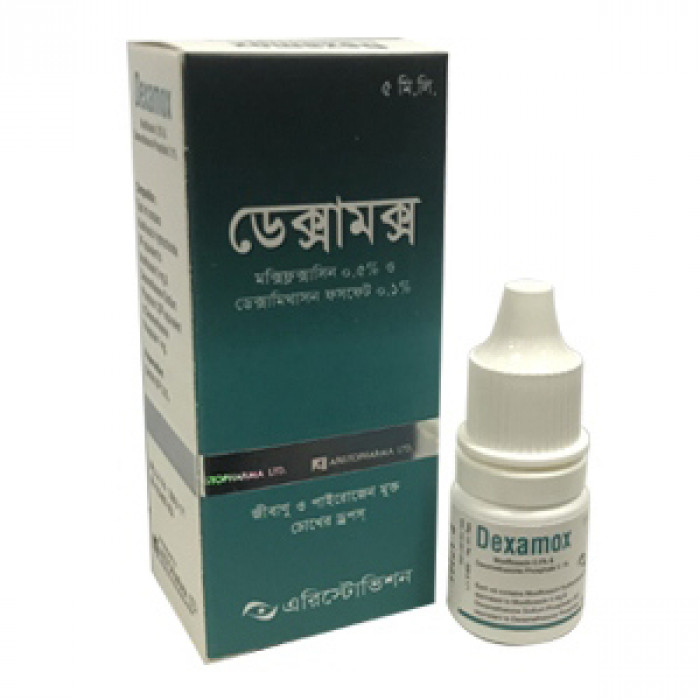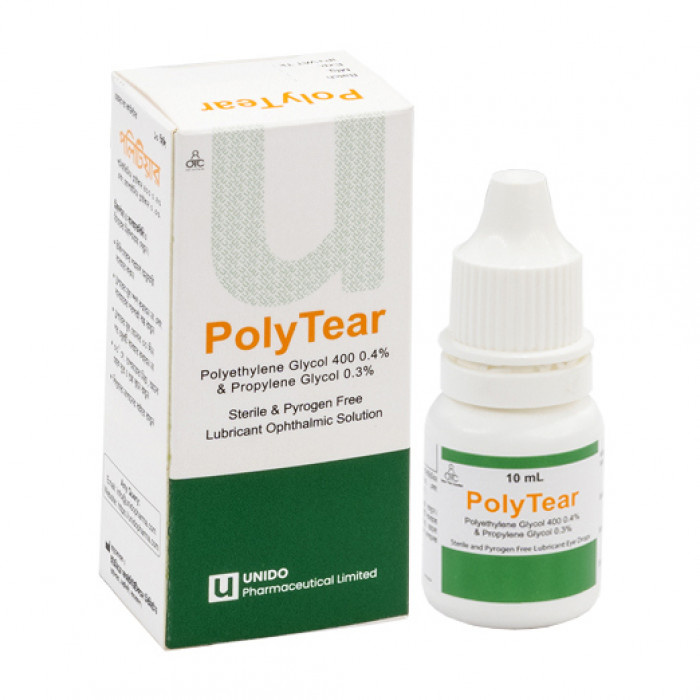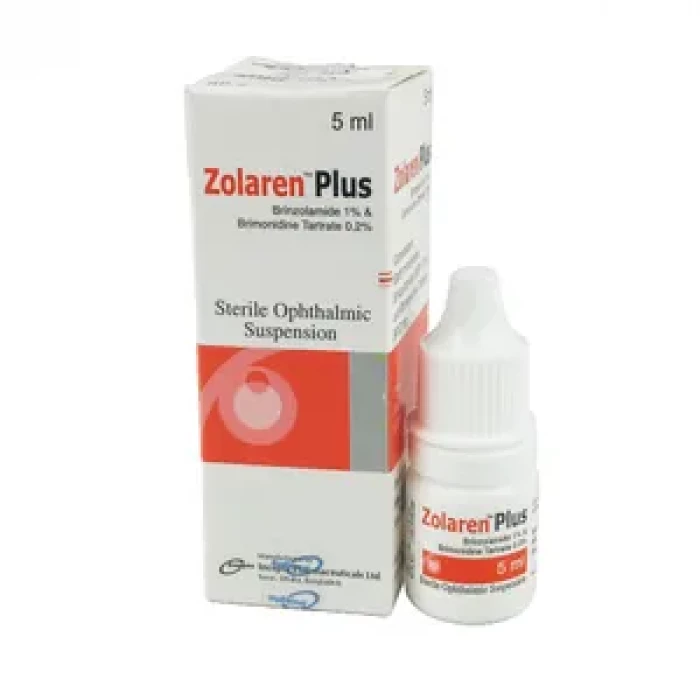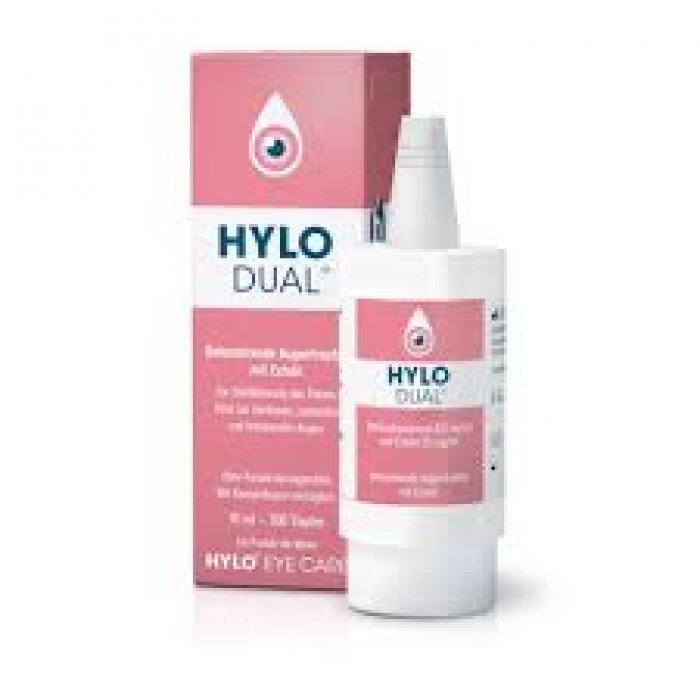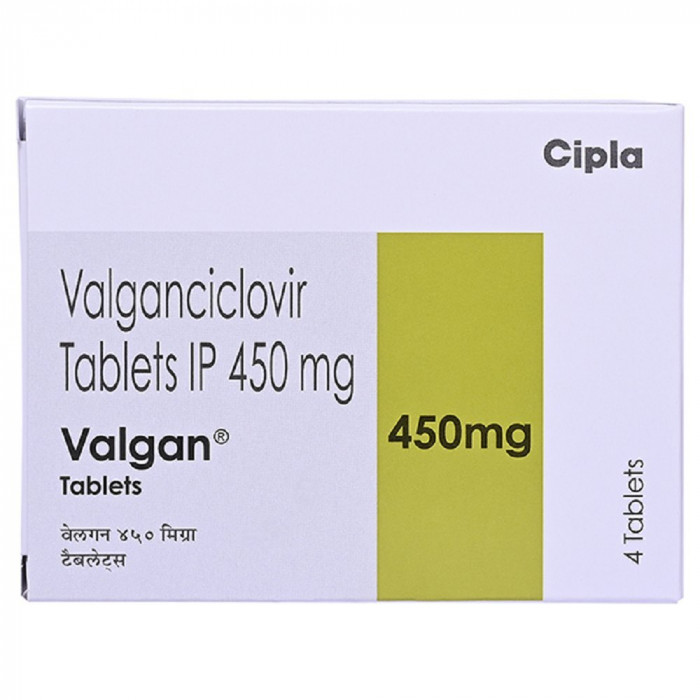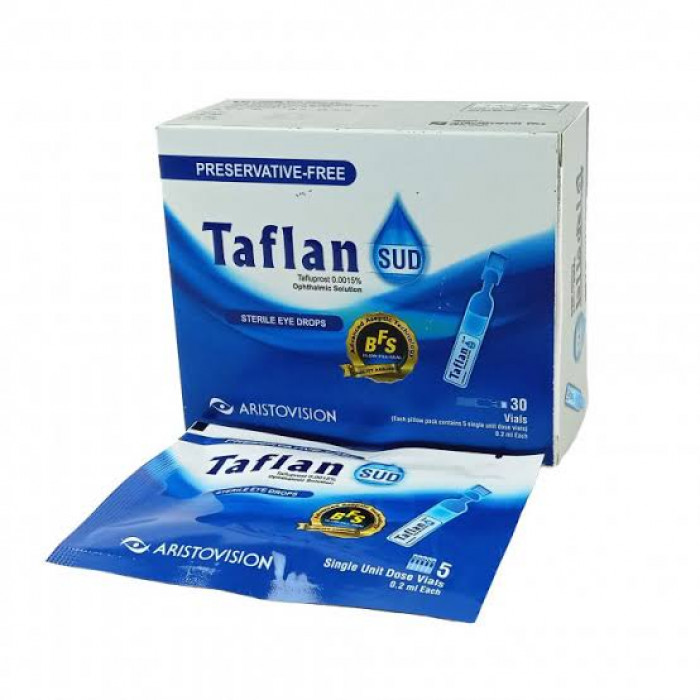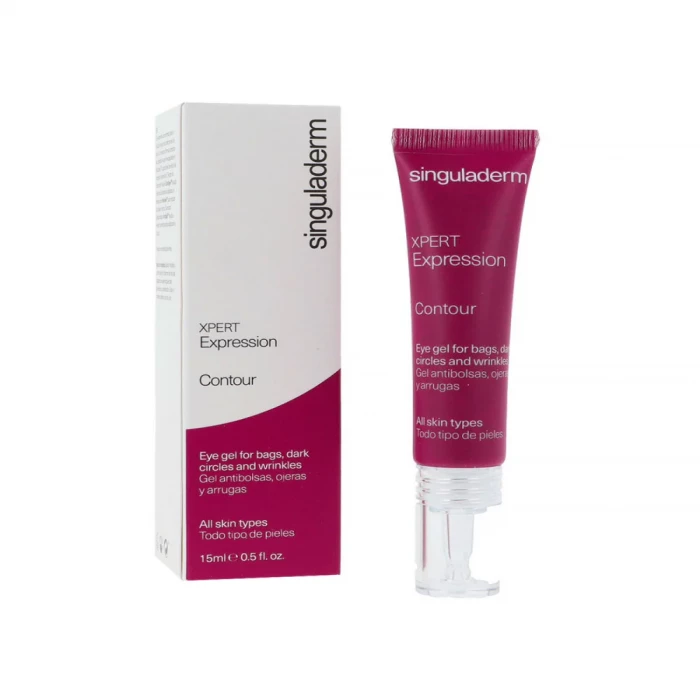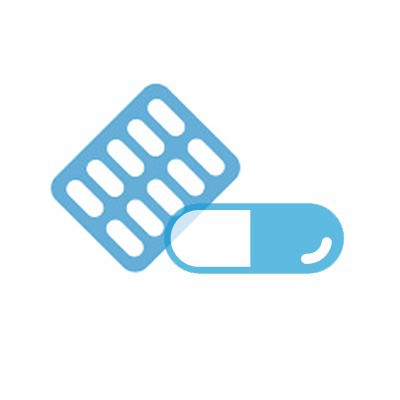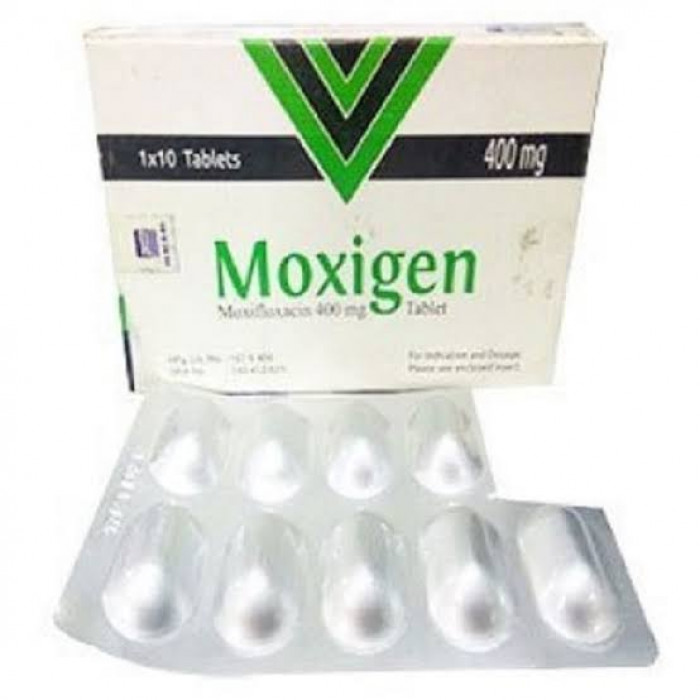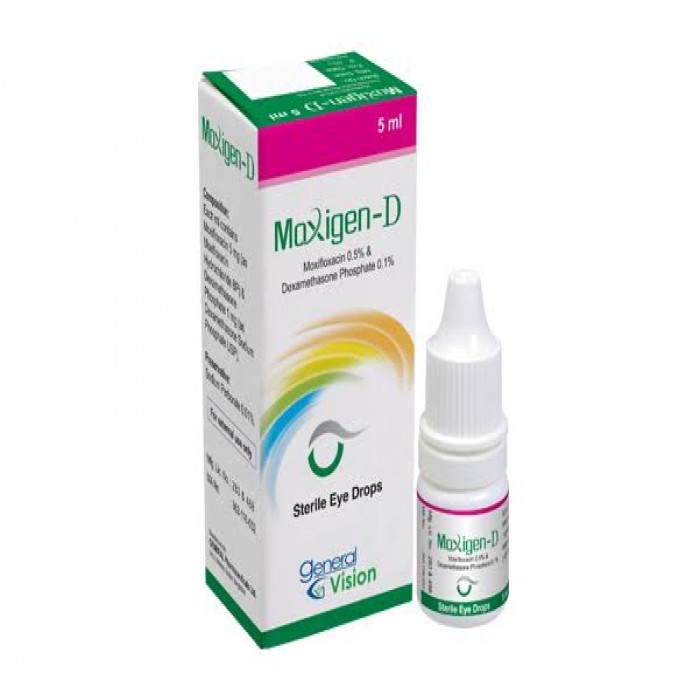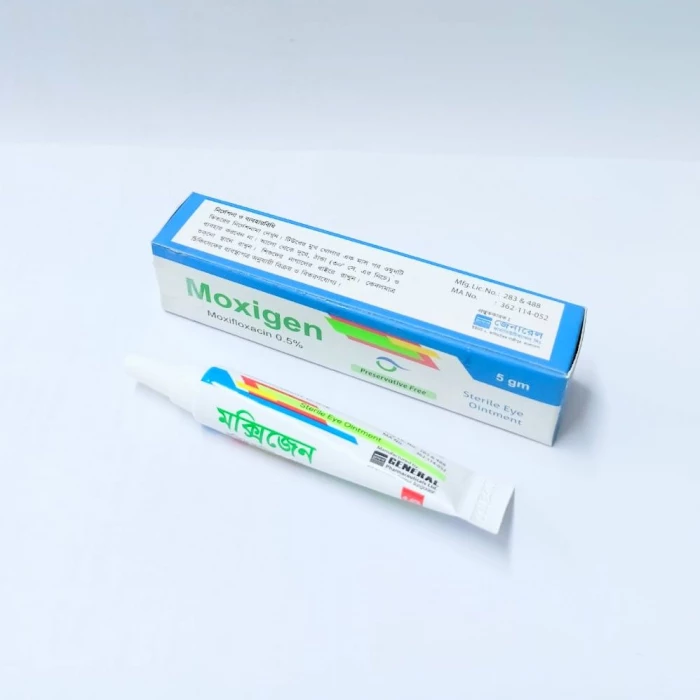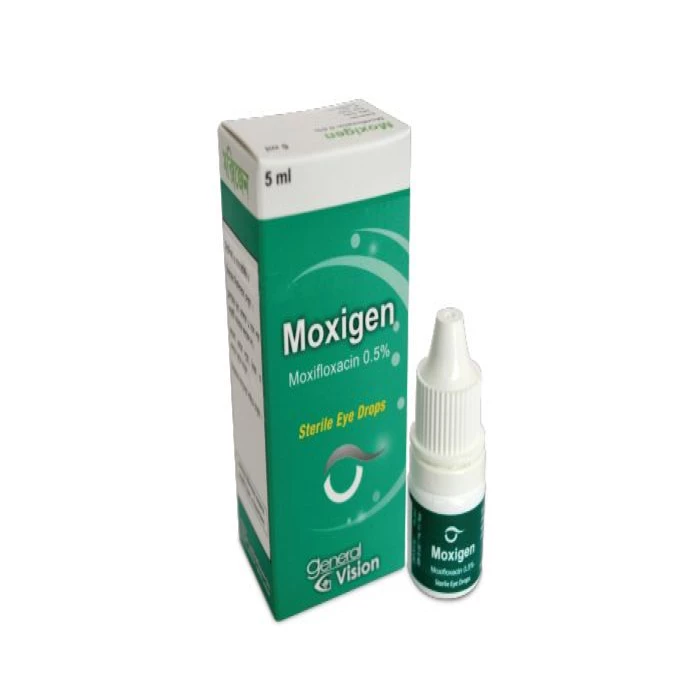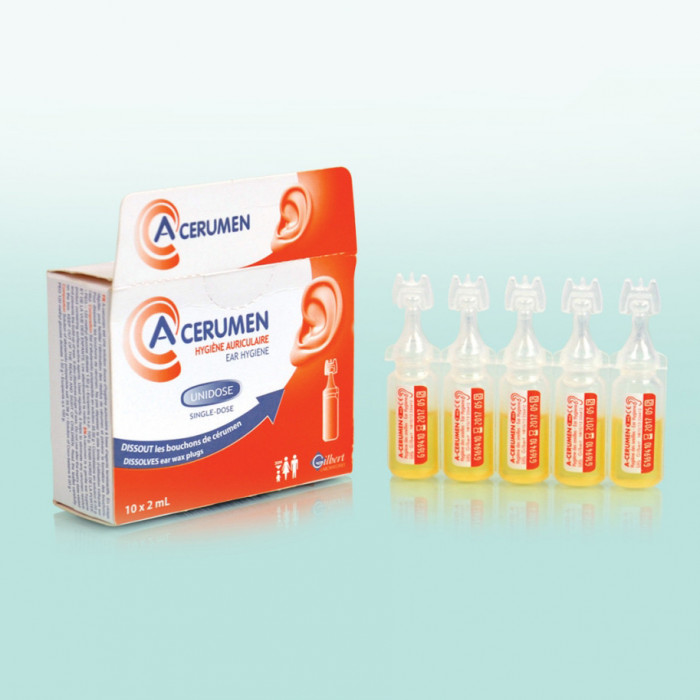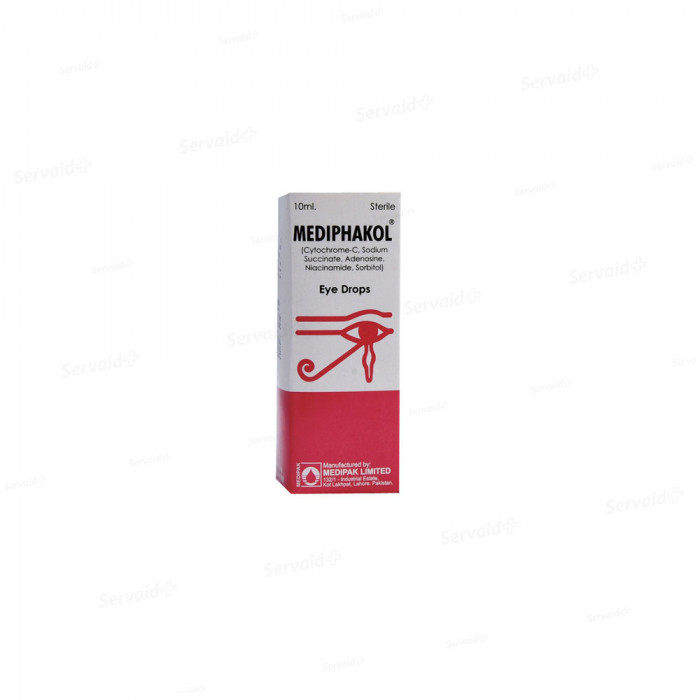
✔ 100% Authentic Product
👁️ Currently Viewing 642
Mediphakol Eye Drops
Generic: Adenosine 0.2% + Cytochrome C 0.05% + Nicotinamide 1% + Sodium Succinate 0.06%
Type: Drop
Pack Size: 10ml
Not Available
Manufacturer/Distributor: Reman Drug Laboratories Ltd.
Generic Name: Adenosine 0.2% + Cytochrome C 0.05% + Nicotinamide 1% + Sodium Succinate 0.06% Eye Drops

✅ Description:
This preparation is a sterile, nonpyrogenic solution for rapid bolus intravenous injection. Mediphakol injection slows conduction time through the A-V node, can interrupt the reentry pathways through the A-V node, and can restore normal sinus rhythm in patients with paroxysmal supraventricular tachycardia.
Mediphakol is indicated as an adjunct to thallium-201 in myocardial perfusion scintigraphy and also indicated for conversion of sinus rhythm of paroxysmal supraventricular tachycardia. Mediphakol has a short duration of action as the half life is 12,13 Patients should be counselled regarding the risk of cardiovascular side effects, bronchoconstriction, seizures, and hypersensitivity.
Uses
Intravenous Mediphakol is used for the following: Conversion to sinus rhythm of paroxysmal supraventricular tachycardia (PSVT), including that associated with accessory bypass tracts (Wolff-Parkinson-White Syndrome).
Mediphakol is also used to associated treatment for these conditions: Paroxysmal Supraventricular Tachycardia, SVT, Tachycardia, Supraventricular, Symptomatic pulmonary arterial hypertension (PAH)
How Mediphakol works
Agonism of adenosine receptors A1 and A2 reduces conduction time in the atrioventricular node of the heart. Conduction time is decreased by inducing potassium efflux and inhibiting calcium influx through channels in nerve cells, leading to hyperpolarization and and increased threshold for calcium dependent action potentials. Decreased conduction time leads to an antiarrhythmic effect. Inhibition of calcium influx, reduces the activity of adenylate cyclase, relaxing vascular smooth muscle. Relaxed vascular smooth muscle leads to increased blood flow through normal coronary arteries but not stenotic arteries, allowing thallium-201 to be more readily uptaken in normal coronary arteries.
Dosage
Mediphakol dosage
Adult:
Initial dose: 6 mg given as rapid IV bolus (administered over 1-2 second period).
Repeat administration: If the first dose does not result in elimination of the supraventricular tachycardia within 1-2 minutes, 12 mg should be given as rapid intravenous bolus. This 12 mg dose may be repeated for second time if required.
Pediatric:
The dosages used in neonates, infants, children and adolescents were equivalent to those administered to adults on a weight basis.
Body weight < 50 kg: Initial dose - 0.05 to 0.1 mg/kg as a rapid IV bolus given either centrally or peripherally. A saline flush should follow.
Body weight > 50 kg: The adult dose is recommended. Doses greater than 12 mg are not recommended for adult and pediatric patients
Repeat administration: If conversion of PSVT does not occur within 1-2 minutes, additional bolus injections of adenosine can be administered at incrementally higher doses, increasing the amount given by 0.05 to 0.1 mg/kg. A saline flush should follow. This process should continue until sinus rhythm is established or a maximum single dose of 0.3 mg/kg is used.
Side Effects
Cardiovascular: Facial flushing, headache, sweating, palpitations, chest pain, hypotension. Respiratory: Shortness of breath/dyspnea, chest pressure, hyperventilation, head pressure.
Central Nervous System: Lightheadedness, dizziness, tingling in arms, numbness, apprehension, blurred vision, burning sensation, heaviness in arms, neck and back pain.
Gastrointestinal: Nausea, metallic taste, tightness in throat, pressure in groin. In post-market clinical experience with Mediphakol, cases of prolonged asystole, ventricular tachycardia, ventricular fibrillation, transient increase in blood pressure, bradycardia, hypotension, atrial fibrillation and bronchospasm, in association with Mediphakol use, have been reported.
Interaction
Intravenous Mediphakol injection has been effectively administered in the presence of other cardioactive drugs, such as Quinidine, beta- adrenergic blocking agents, Calcium channel blocking agents and angiotensin converting enzyme inhibitors without any change in the adverse reaction profile. Digoxin and Verapamil use may be rarely associated with ventricular fibrillation when combined with Mediphakol. Because of the potential for additive or synergistic depressant effects on the SA and AV nodes, however, Mediphakol should be used with caution in the presence of these agents. The use of Mediphakol in patients receiving Digitalis may be rarely associated with ventricular fibrillation. The effects of Mediphakol are antagonized by Methylxanthines, such as, Caffeine and Theophylline.
Storage Condition
Store in cool dry place protected from light. Keep out of reach of children. Do not refrigerate as crystallization may occur. If crystallization has occurred, dissolve crystals by warming to room temperature. The solution must be clear at the time of use.
Disclaimer:
ePharma sole intention is to ensure that its consumers get proper
information as musch as possible. Although we do not guarantee the
accuracy and the completeness of the information that provided and
here information is for informational purposes only.
The information contained herein should NOT be used as a substitute
for the advice of a qualified physician. This may not cover
everything about particular health conditions,
lab tests, medicines, all possible side effects, drug interactions,
warnings, alerts, etc. Please consult your healthcare professional
and discuss all your queries related to any disease or medicine. We
intend to support, not replace, the doctor-patient relationship.





